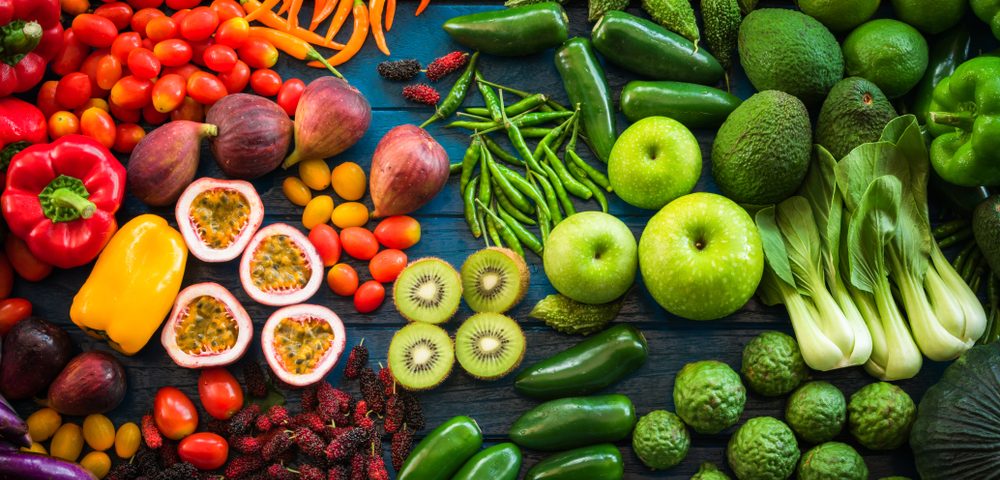Fruit intake, in particular citrus fruits such as oranges and grapefruit, may protect women from endometriosis, a study published at Human Reproduction suggests.
Endometriosis is a hormone-dependent disorder characterized by the overgrowth of endometrial tissue in sites outside the uterus. Although the cause remains unclear, it is known that genetics, immune response, and environmental factors contribute to its progression.
Studies have proposed that diet may also play a role in endometriosis, as it can affect the inflammatory process and change steroid hormones’ activity.
In the study “Fruit and vegetable consumption and risk of endometriosis” a research team evaluated whether the consumption of fruits and vegetables could influence the incidence of endometriosis.
The team reviewed the clinical records of 70,835 premenopausal women who were enrolled in the Nurses’ Health Study II (NHS II) and followed between 1991 and 2013. During this time, 2,609 cases of endometriosis were surgically confirmed, 313 of which were associated with infertility.
In general, increased consumption of fruits and vegetables was found to be linked to a reduced risk of endometriosis. Women who eat three, four, five or more than six portions per day of fruits and vegetables had 9%, 10%, 18%, and 12% reduced risk for endometriosis compared with women who had two or fewer portions per day.
Further analysis revealed that this association was stronger with total fruit intake, with women who eat three portions of fruit per day having a 14% reduced risk of endometriosis. This association was particularly evident with citrus and in women who had never reported infertility.
The consumption of total vegetables alone did not show a strong association with endometriosis risk. However, intake of broccoli, cauliflower, cabbage and brussels sprouts was actually associated with a 13% increased endometriosis risk, in particular among women who had never reported infertility.
Altogether, the results suggested that “higher intake of fruits, particularly citrus fruits, is associated with a lower risk of endometriosis,” the researchers stated. This could in part be explained by the effects of the compound beta-cryptoxanthin present in these fruits and may increase the protective effect of retinol (vitamin A).
In contrast, “consumption of some vegetables increased endometriosis risk, which may indicate a role of gastrointestinal symptoms in both the presentation and exacerbation of endometriosis-related pain,” the researchers stated.
Additional studies are warranted to further evaluate the impact of dietary patterns and different combinations of food on the manifestation and development of endometriosis.

